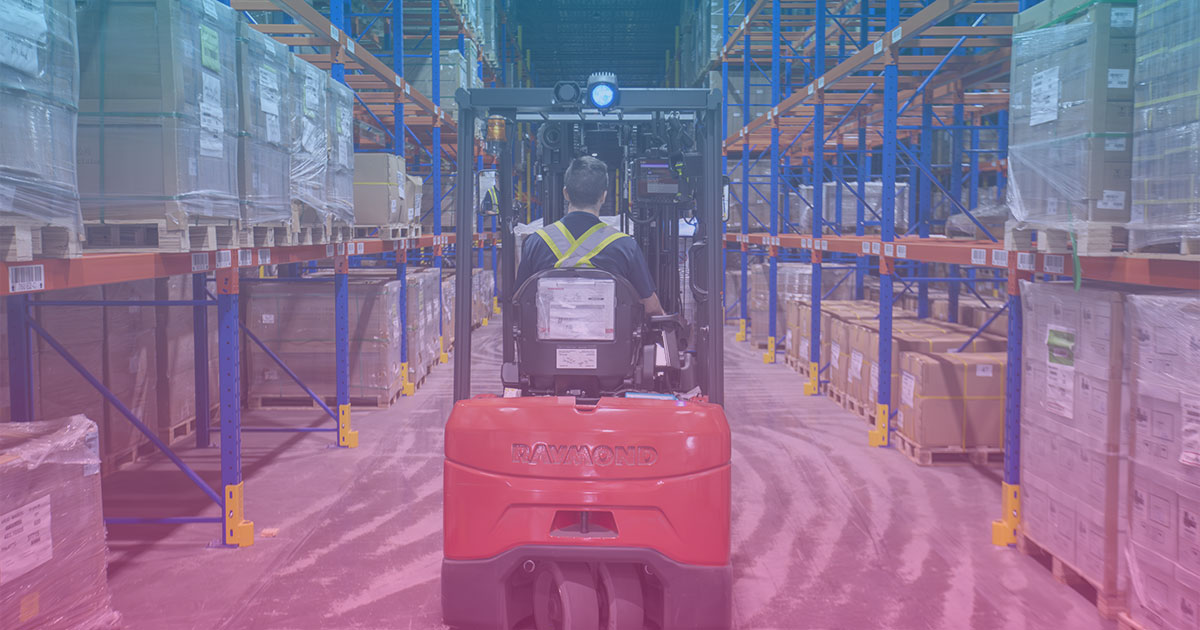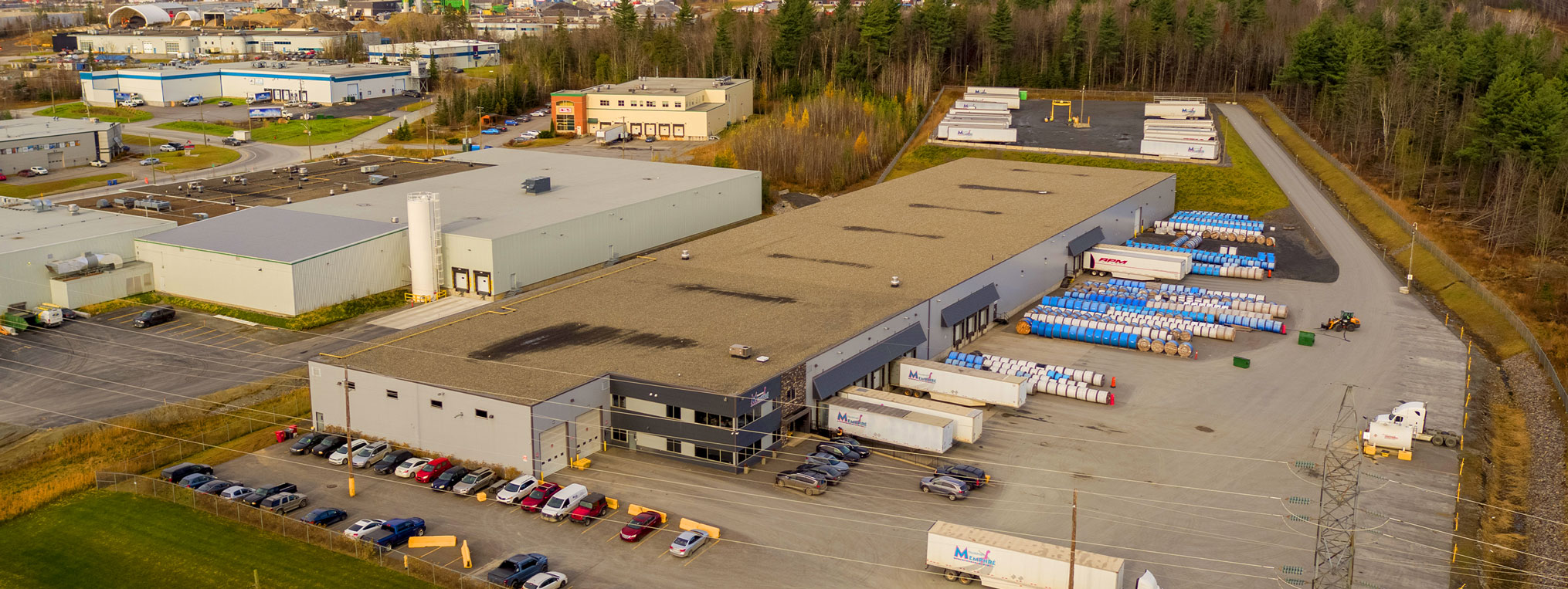
20 Jan Outsourcing transport logistics, an essential cost-effective solution
Outsourcing transport logistics is a strategy increasingly adopted by companies wishing to reduce operating costs, improve efficiency and focus on their core business. This model involves entrusting an external service provider with the management of goods flows, from warehousing to final distribution. In the face of globalized competition, rising costs (transport, labor, etc.) and the growing complexity of logistics, this approach is proving even more advantageous. Here’s an overview of the main benefits, the technological innovations that support this system, and the key figures you need to know.
1. Outsourcing Transport Logistics: Enhancing Efficiency and Reducing Costs
One of the main drivers for outsourcing transport logistics is the reduction of fixed costs. By internalizing this aspect, a company must invest in warehouses, equipment (forklift trucks, security systems) and personnel. Conversely, a logistics partner offers shared storage space and pooled resources, enabling companies to pay only for the space and services they actually use.
Example: an e-commerce company can reduce its storage costs by paying only for the pallets it uses, rather than renting an entire warehouse. In addition, the use of an expert carrier can reduce transport costs. By grouping shipments and optimizing routes, the service provider can reduce empty runs and limit the impact of fluctuating fuel prices.
In the final analysis, a reliable external partner can make a substantial saving on logistics costs by optimizing every link in the chain.
2. Greater flexibility and agility
In a constantly changing business environment, the ability to adapt quickly to fluctuations in demand is crucial. Outsourcing makes it possible to tailor warehouse space and transport services to actual needs. This is particularly useful during peaks in activity, such as holiday periods or sales.
Concrete benefits: Rather than recruiting additional staff or renting storage space on a short-term basis, the company can rely on the flexibility of the logistics provider to absorb the surge in activity.
This flexibility is a major advantage, particularly for sectors with seasonal variations (fashion, food, agriculture…) or for fast-growing companies.
3. Access to cutting-edge technologies
The rise of information and communication technologies (ICT) has transformed logistics. Warehouse Management Systems (WMS) and Transportation Management Systems (TMS) enable real-time tracking of stocks, orders and deliveries. These technologies provide greater visibility across the entire supply chain.
Here are a few examples of the most striking innovations:
- Real-time parcel tracking using GPS and IoT (Internet of Things) sensors to know the
the exact location of goods. - Predictive analysis to optimize delivery routes and avoid delays.
- Warehouse automation using robots for order picking and stock management.
and inventory management.
These tools not only reduce management errors, but also increase transparency and responsiveness.
4. Focus on core business
Outsourcing transport logistics enables companies to concentrate on their high value-added activities. By entrusting flow management to external service providers, they can allocate their internal resources to strategic tasks such as product innovation, marketing or business development.
Example: An SME in the agri-food sector can refocus on creating new recipes, creating an advertising campaign or improving its manufacturing processes, instead of managing the complexity of shipping. It can also transform its former storage space into a production area to improve its output.
5. Reducing environmental impact
By outsourcing, companies can reduce their carbon footprint. Carriers adopt eco-responsible practices, such as consolidating shipments and using alternative fuels. What’s more, optimizing routes helps limit CO2 emissions.
Key figures: According to the European Environment Agency, route pooling and flow optimization can reduce transport-related CO2 emissions by up to 30%. Similarly, more efficient transport and logistics management strategies are essential to achieving Quebec’s climate objectives.
To summarize
Outsourcing transport logistics offers financial, operational and environmental benefits. Thanks to technological advances, companies benefit from better flow control, real-time visibility and unrivalled adaptability. If you’re considering this strategy, rely on TMS and WMS systems, and work with strong external service providers such as Memphré, who can ensure that your products are transported, stored and secured under optimum conditions.

